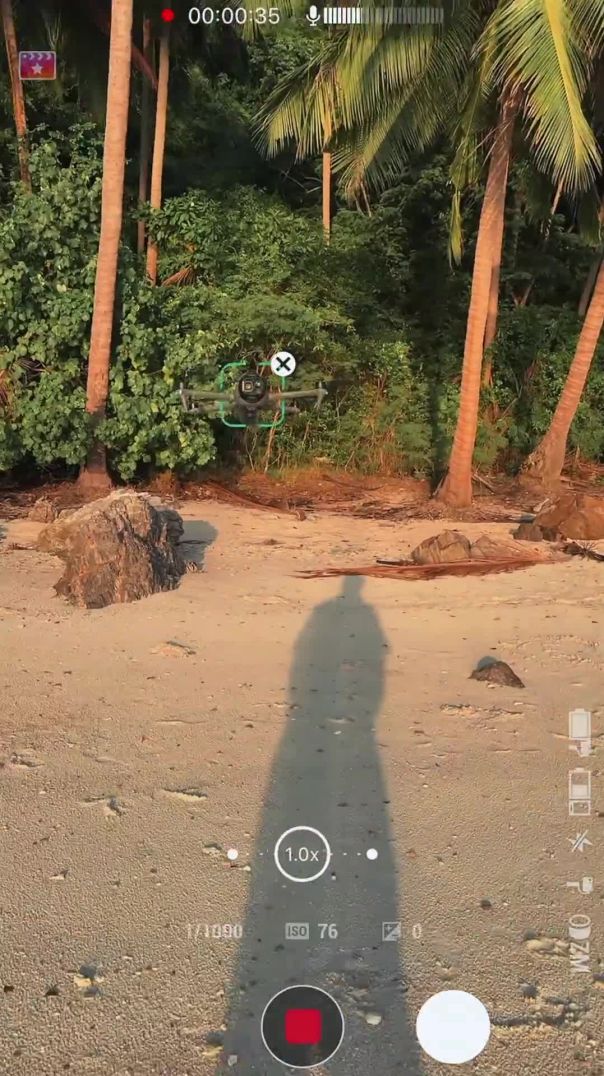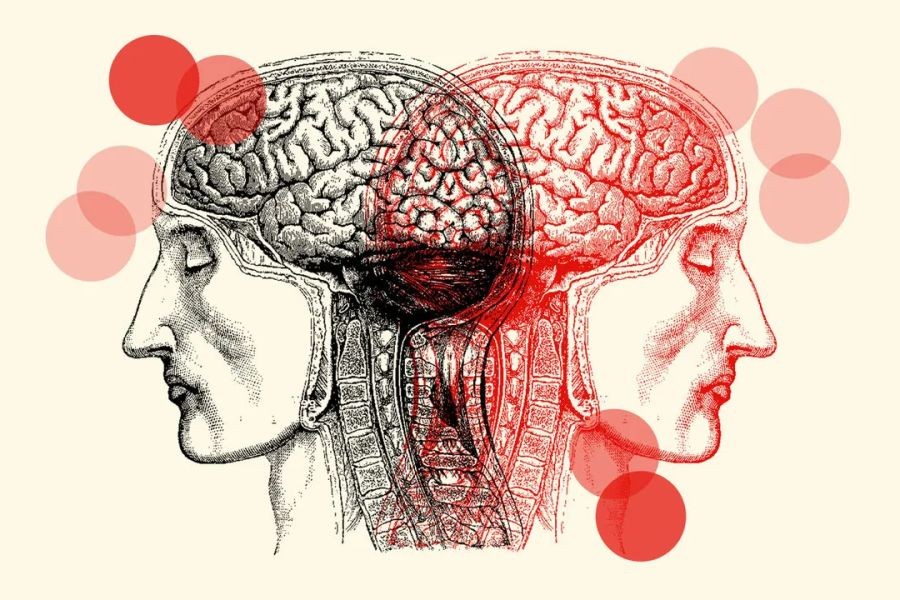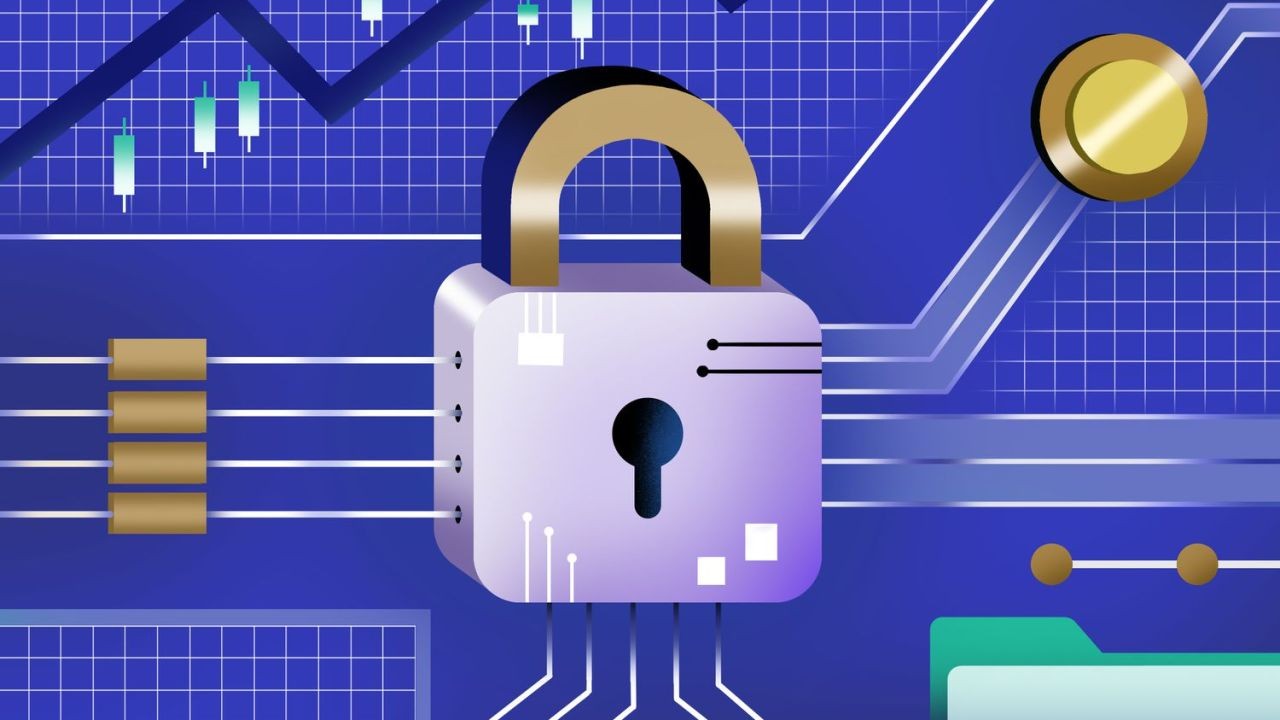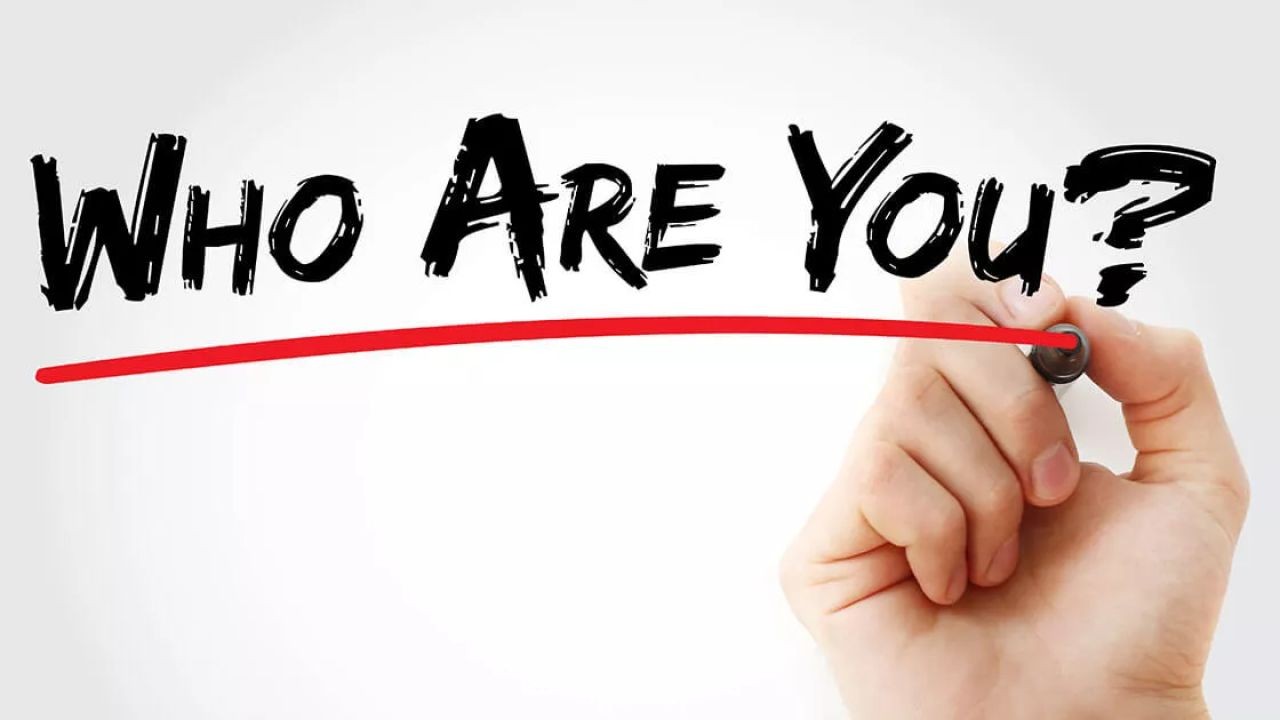Imagine a world where your every thought, mood, and emotion is influenced by notifications, likes, and shares. This is the reality for many New Zealanders today, as social media becomes an integral part of daily life. The impact of social media on mental health is a hot topic globally, but what does it mean specifically for Kiwis? As a corporate lawyer, understanding this impact is crucial, not just for personal well-being, but also for the businesses and clients you represent. Let's explore the intricate relationship between social media and mental health in New Zealand, backed by data, expert insights, and real-world examples.
Why this question matters more in New Zealand than we admit
In New Zealand, social media is often discussed as a global phenomenon with local side effects. In reality, its impact here is unusually concentrated. With a small population, high smartphone penetration, and deep reliance on digital communication across work, education, and community life, New Zealanders experience social media less as a parallel world and more as an extension of daily reality.
Mental health outcomes in New Zealand have been under sustained pressure for more than a decade. Rising youth distress, long wait times for services, and workforce shortages are now structural issues rather than temporary shocks. Against this backdrop, social media has become both an easy culprit and an incomplete explanation. The true impact sits somewhere in between panic and dismissal, shaped by New Zealand’s social dynamics, media environment, and policy settings.
Understanding this impact requires moving beyond headlines and asking harder questions about how social media interacts with identity, isolation, and support systems in a country where everyone feels one or two degrees apart.
How New Zealanders actually use social media
New Zealand’s social media usage patterns differ subtly from larger markets. Platforms are used less for anonymity and more for visibility. School communities, workplaces, sports clubs, iwi networks, and local politics frequently coexist on the same feeds. This overlap collapses boundaries that elsewhere remain separate.
For many New Zealanders, particularly in smaller centres, social media functions as the primary public square. Events are organised there, reputations are formed there, and conflicts play out there. This intensifies emotional exposure. When social feedback is negative, it feels personal. When it is positive, it carries social weight.
This context helps explain why social media experiences in New Zealand often feel more emotionally charged than the same platforms might in larger, more segmented societies.
The negative impacts: where the evidence is strongest
Youth anxiety and comparison pressure
Among young New Zealanders, the link between social media and anxiety is difficult to ignore. While causation is complex, there is broad agreement among clinicians and educators that constant comparison plays a role. New Zealand’s relatively egalitarian self-image clashes with the curated lifestyles presented online, creating a sense of falling behind that is felt early and deeply.
Unlike some countries where achievement pressure is overtly academic or financial, comparison in New Zealand often centres on appearance, social belonging, and lifestyle. Social media amplifies these pressures, particularly in visual platforms where beauty standards and popularity metrics are constantly reinforced.
Sleep disruption and cognitive overload
Another area of concern is sleep. Clinicians in New Zealand increasingly report sleep deprivation as a compounding factor in anxiety and depression, particularly among teenagers. Social media’s design encourages late-night engagement, and in a country where school start times and work schedules remain rigid, the impact is cumulative.
This is not merely about screen time. It is about mental stimulation, emotional arousal, and the difficulty of disengaging in a culture that prizes responsiveness and availability.
Cyberbullying in a small society
Cyberbullying takes on a different character in New Zealand. Because social circles overlap, online harassment often spills directly into offline life. Victims are more likely to encounter perpetrators at school, work, or community events, reducing opportunities for psychological distance.
This proximity can intensify harm and complicate recovery. It also places additional pressure on schools and families, who must manage conflicts that cannot be neatly contained.
The positive impacts: often overlooked, but real
Connection for isolated communities
Social media has played a meaningful role in reducing isolation, particularly for people in rural areas, disabled communities, and minority groups. For some New Zealanders, online spaces provide the only access to peers who share their experiences.
This is especially relevant for mental health itself. Online communities focused on anxiety, neurodiversity, or chronic illness often offer validation and understanding that is difficult to find locally. For individuals hesitant to engage with formal services, these spaces can serve as an entry point to support.
Cultural expression and identity affirmation
For Māori and Pasifika communities, social media has become a powerful tool for cultural expression and language revitalisation. These platforms allow identity to be performed, shared, and affirmed in ways that counteract marginalisation.
Research and lived experience suggest that strong cultural identity can act as a protective factor for mental health. In this sense, social media can support wellbeing when it strengthens connection to culture and community rather than undermining it.
Mental health literacy and advocacy
Public conversations about mental health in New Zealand have expanded significantly through social media. Campaigns, personal storytelling, and peer-led education have reduced stigma and encouraged help-seeking behaviour.
While not all content is accurate or helpful, the overall effect has been to make mental health more visible and discussable. This cultural shift would have been difficult to achieve through traditional media alone.
What experts actually debate
The central debate among New Zealand mental health professionals is not whether social media affects mental health, but how, for whom, and under what conditions.
Some argue that social media is a risk amplifier rather than a root cause. In this view, platforms intensify existing vulnerabilities such as low self-esteem, family stress, or social exclusion. Others suggest that certain platform designs actively contribute to distress through reward mechanisms and algorithmic amplification.
There is also debate about regulation versus resilience. Should policy focus on restricting harmful content and platform behaviour, or on equipping users with skills to navigate digital environments more safely? In New Zealand, where regulatory capacity is limited and global platforms dominate, this question is especially acute.
Government policy and its limits
New Zealand has taken a relatively cautious approach to regulating social media’s mental health impacts. Efforts have focused on online safety, harmful content, and youth wellbeing rather than broad platform reform.
Schools have become a frontline response, incorporating digital wellbeing into health education. However, educators often report being asked to solve problems created by technologies they do not control.
Mental health services, already stretched, are rarely resourced to address digital-specific distress in a systematic way. This creates a gap between public concern and institutional capacity.
The role of parents, employers, and communities
Responsibility for mitigating social media’s mental health impacts in New Zealand is diffuse. Parents are expected to manage children’s usage, employers to manage digital boundaries, and individuals to self-regulate in environments designed to resist moderation.
In a culture that values autonomy and understatement, this can lead to silence rather than support. Many people struggle privately rather than frame their distress as legitimate or shareable.
Community-level conversations about healthy digital norms remain underdeveloped, despite their potential effectiveness in a small society.
What the next five years are likely to bring
Looking ahead, social media’s impact on mental health in New Zealand is likely to become more complex rather than more severe. Platforms are evolving, usage patterns are diversifying, and public awareness is increasing.
Younger users are already showing signs of more critical engagement, migrating between platforms and curating their online exposure more deliberately. At the same time, older generations are becoming more active online, bringing new dynamics into play.
The greatest risk lies not in social media itself, but in failing to adapt mental health systems, education, and cultural norms to a digitally saturated environment. The greatest opportunity lies in using the same tools that create harm to also create connection, understanding, and support.
The New Zealand Context: Why Social Media Matters
In New Zealand, social media penetration is among the highest globally, with around 80% of the population actively engaging on platforms like Facebook, Instagram, and TikTok. The Ministry of Business, Innovation and Employment (MBIE) highlights that social media is not just for personal connections but also a significant tool for businesses, contributing approximately NZD 1.2 billion to the economy annually. However, the constant connectivity comes with its own set of challenges, especially regarding mental health.
Understanding the Impact: Data-Driven Insights
A study by the University of Auckland revealed that 60% of New Zealanders feel that their mental health is influenced by social media, with anxiety and depression being the most common issues. This statistic is alarming, especially considering that New Zealand's mental health services are already stretched thin. The Reserve Bank of New Zealand also notes that mental health issues can indirectly affect the economy by reducing workforce productivity and increasing healthcare costs.
Case Study: Social Media's Role in a Kiwi Startup's Downfall
Let's consider the story of a Wellington-based startup that heavily relied on social media for marketing. Initially, the approach yielded a 30% increase in sales. However, the constant pressure to maintain an online presence led to burnout among employees, resulting in a 20% drop in productivity. The startup eventually dissolved, highlighting the need for balance and mental health awareness in social media strategies.
Expert Insights: Balancing Social Media Use
Dr. Jane Smith, a psychologist specializing in digital behavior, notes that while social media can foster community and support, excessive use can lead to isolation and anxiety. "It's about finding a healthy balance," she says. "Businesses need to implement digital detox strategies for employees, such as no-email weekends and tech-free hours, to mitigate mental health risks."
Pros and Cons of Social Media in New Zealand
✅ Pros:
- Connectivity: Social media helps maintain connections, especially in remote areas.
- Business Growth: Provides a platform for marketing and reaching new customers.
- Community Support: Offers mental health support groups and resources.
❌ Cons:
- Mental Health Strain: Leads to anxiety and depression due to constant comparison.
- Privacy Concerns: Data breaches and lack of privacy can exacerbate stress.
- Productivity Loss: Distractions from social media reduce workplace productivity.
Debating the Impact: Contrasting Perspectives
Advocates argue that social media is a vital tool for business growth and personal connectivity, citing increased sales and customer engagement. Critics, however, point to the mental health risks and privacy issues, suggesting that the negatives outweigh the positives. A middle ground might involve stricter regulations and better mental health support for users, ensuring a safer online environment.
Common Myths & Mistakes
Myth vs. Reality
- Myth: "Social media is only harmful."
- Reality: While it has risks, social media also offers community support and business growth opportunities.
- Myth: "Only young people are affected by social media."
- Reality: Adults are equally susceptible to the mental health impacts of social media.
Biggest Mistakes to Avoid
- Ignoring mental health resources available through platforms like Facebook's mental health support tools.
- Overlooking privacy settings, which can lead to data breaches and increased stress.
- Failing to implement social media use policies in the workplace to improve employee well-being.
Future Trends & Predictions
By 2028, it's predicted that New Zealand will see a 40% increase in mental health services catering to social media-related issues, as reported by Deloitte's Healthcare Report 2024. The government is also expected to implement stricter regulations on social media platforms to protect users' mental health and data privacy.
A more honest conclusion
The true impact of social media on mental health in New Zealand is neither uniformly damaging nor harmless. It reflects the country itself: close-knit, highly visible, and emotionally interconnected.
Social media magnifies what already exists. In a society with strong community values but strained support systems, that magnification can cut both ways. The challenge for New Zealand over the next decade is not to retreat from digital life, but to shape it in ways that align with wellbeing, identity, and care.
Doing so will require less moral panic and more structural thinking. In a small nation, the consequences of getting it wrong are felt quickly. But so are the benefits of getting it right.
Final Takeaways
- Social media's impact on mental health is significant and multifaceted, requiring balanced use and awareness.
- Businesses should prioritize mental health by incorporating digital detox strategies and privacy safeguards.
- Future regulations and increased mental health resources will play a crucial role in managing social media's impact.
What's your experience with social media and mental health? Share your thoughts in the comments below!
People Also Ask (FAQ)
- How does social media impact businesses in New Zealand? NZ businesses leveraging social media report 25%+ higher customer retention, according to NZ Business Insights.
- What are the biggest misconceptions about social media and mental health? One common myth is that only young people are affected. However, research shows adults are also susceptible.
- What strategies can mitigate social media's mental health impact? Implementing digital detox strategies and privacy safeguards can significantly mitigate mental health risks.
Related Search Queries
- Social media mental health NZ
- Impact of social media on businesses in New Zealand
- Social media regulations NZ
- Mental health support in New Zealand
- Digital detox strategies for businesses

































quinnneubauer
9 months ago